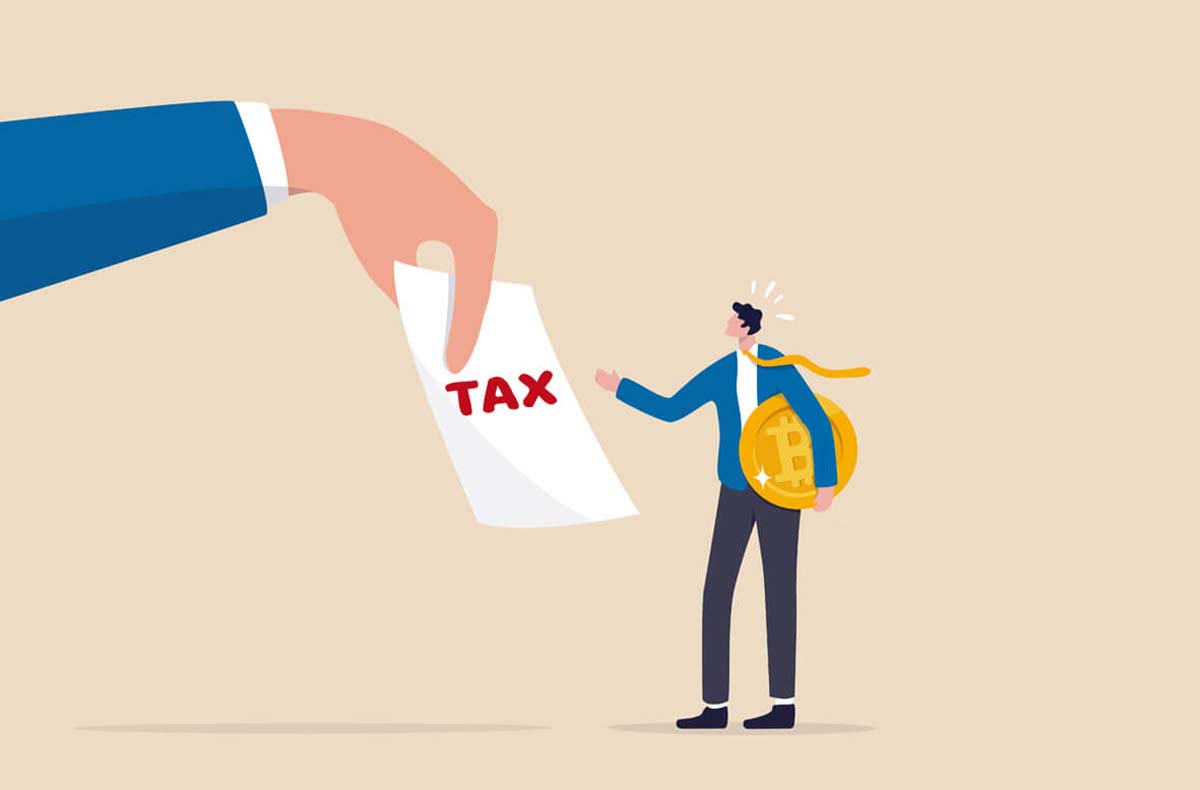
“Let me tell you how it will be,
One for you 19 for me.”
George Harrison’s scathing lyrics to Taxman in 1966 reflected his rage at the system and his fury that the money landing in his bank account did not reflect the income that The Beatles were generating. He blamed the government for outrageous levels of taxation.
As it turned out, the Fab Four signed some crushingly bad deals and had awful financial advice. But everyone resents paying taxes. Especially at this time of year when submitting tax returns. In the United States, they call it Tax Day. It almost sounds like a holiday, right?
This year it falls on April 18. No one is celebrating—except perhaps the accountants.
We are so often told that the richest people shoulder the biggest tax burden. It’s not true. In America, those who seek to maintain that myth cherry-pick the progressive taxes—those that rise with income—to make their point, using federal personal income tax, corporate income tax and estate tax as examples. Just using this criteria gives the impression that the wealthiest one percent pay the most.
There are other federal taxes that are not progressive, like the Social Security payroll tax. These have a disproportionate impact on the poorest in society. Adding all the taxes together, research in 2019 found that the most affluent one percent in the U.S. paid 24.1% of taxes while pulling in 20.9% of total income.
Compare this to the middle earners who generated 9.4% of total income but paid 10.9% of total taxes. Former President Donald Trump helped push through the Tax Cuts and Jobs Act in 2017, which lowered taxes for most Americans. However, the richest section of society benefitted most.
In the United Kingdom, Rishi Sunak released his tax records last month. The Prime Minister reported £1.6 million in capital gains, and this was taxed at 20%. Overall, Sunak paid an effective rate of 22% on his income. This means that up to a quarter of British taxpayers are paying a higher rate than the multimillionaire.
The system is skewed. It is far too complex.
Things become even more complicated when corporations become involved. Some of the biggest businesses in the U.S.—Amazon, Nike and FedEx, among them—have been able to avoid paying federal corporate income tax. Not only that, but 55 companies studied in an Institute on Taxation and Economic Policy report should have paid a collective total of $8.5 billion. Instead, they received rebates of $3.5 billion, making it a net loss of $12 billion from the public purse.
The Government is effectively subsidizing some of the most successful and profitable businesses in the world. This is structural inequality.
Is there a way around this? One proposal is to introduce a flat tax on all income. This idea seems unfair. Why should the lowest earners pay, say, 20%, the same figure as those with the highest income? It is not quite so simple.
A flat tax would only work if combined with a raft of other measures. Individuals and corporations take advantage of clever accounting—which the poor cannot afford—and tax breaks that are built into the system. To address this, all write-offs, exemptions and subsidies would need to be swept away. If this was done, the tax rate could be pushed right down to a low level.
That seems an attractive proposition on the face of it. If an 8% rate on all income was offered, one might expect billionaires and businessmen to bite your hand off. In reality, they are able to milk the current system to their advantage. Like Sunak, the super-rich are able to find legal methods to pay less than the middle earner.
Russia tried a flat tax of 13% but moved back to a progressive program two years ago to raise more income—presumably to fund the invasion of Ukraine. Estonia, Latvia and Lithuania also experimented with a one-size-fits-all policy, but only Estonia continues to impose 20% across the board. Greenland has a three-tier system that can be tweaked annually, with rates for individuals standing at 36%, 42% and 44% depending on location.
One of the problems on both sides of the Atlantic is the tax systems are too complicated. This is because they have evolved over a long period of time but are often influenced by short-term interests. There are also different political imperatives involved. If we were to start again from scratch, the landscape would probably look very different.
What is needed is a creative approach to taxation. Instead, the focus is on creative accounting. If we are to confront the inbuilt imbalance in society that favors the rich, the tax system would be a good place to start. Serious reform is unlikely to happen, though. Government after government tinkers when a general reset is necessary.
So, whenever you are doing your books and working out your taxes, put on The Beatles and seethe along with Harrison and Taxman.



